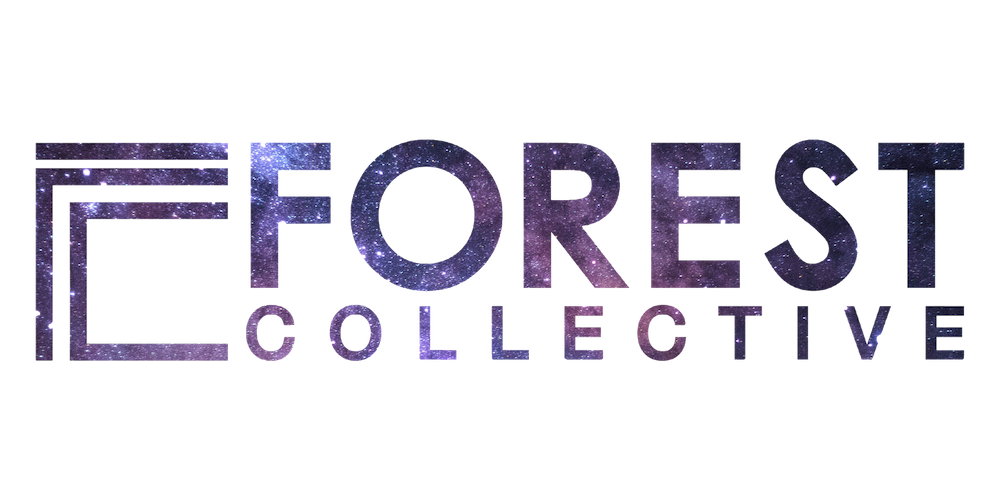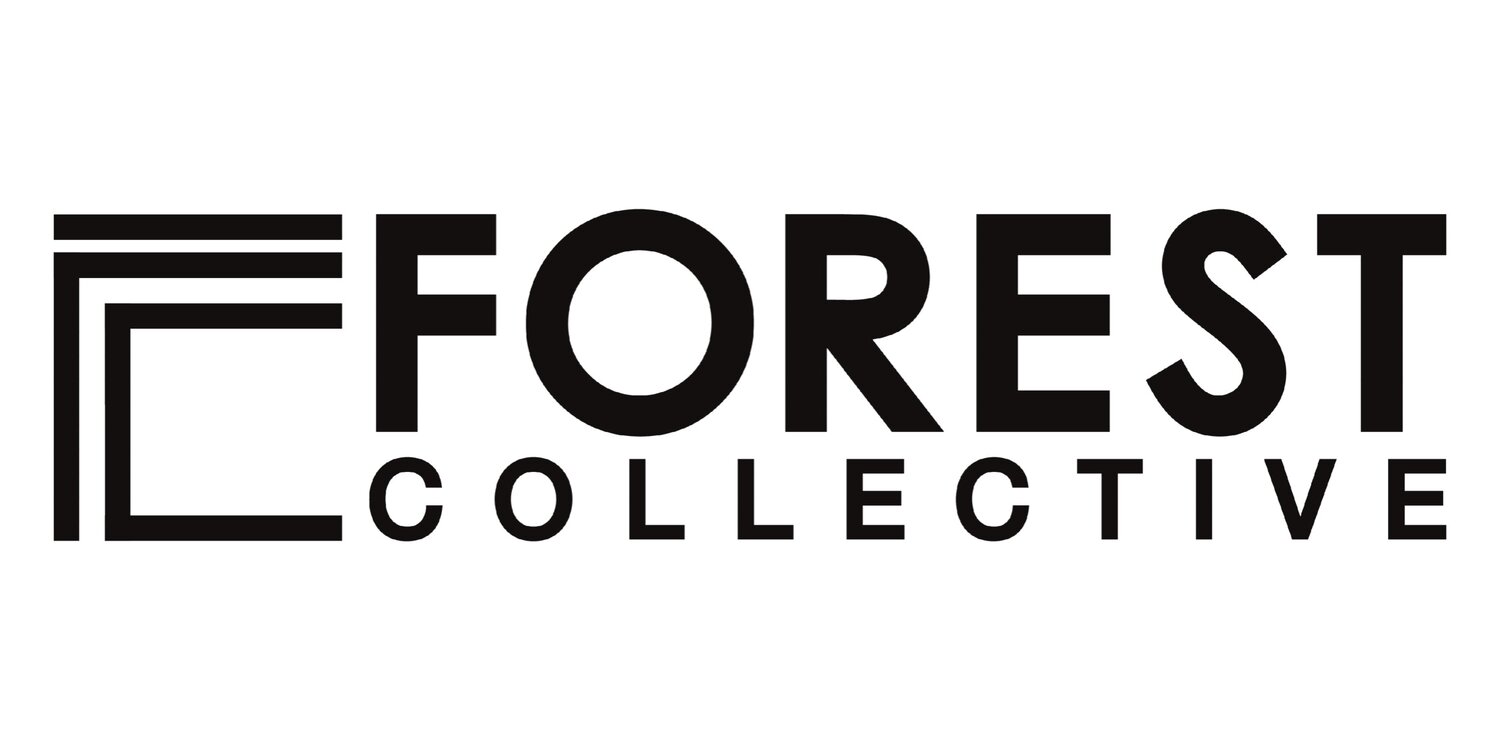Entering the labyrinth of my mind
In December 2023 the curtain fell on my previous opera The Sea, a psychological work of quite a confronting contemporary nature. Out of the now 5 works I have written that I call opera, this one was the one that probably had the most 'contemporary' focal point. My first opera Calypso depicted a passage from the Odyssey, my second about the Orpheus myth, and my most recent, Labyrinth, an exploration of the myth of the Minotaur. The outlier is my third, a 'micro-opera' Vois about connection and communication in the age of screen meetings and socialising.
The Sea felt cathartic. To me, it felt deep, yet musically was reasonably straightforward. However simplistic the music was, it set a narrative in clear musical terms, with singers being people and instruments being abstract accompaniment to the action. Once the curtain had fallen, I had to jump straight into the final work on Labyrinth, which is, all puns intended, a very different beast.
As with most Forest Collective events, this performance is driven by the space in which it will occur in. The Store is a new venue to come online at the Abbotsford Convent, having previously been the C3 gallery. As it is set up as a gallery space, it offers the perfect setting for a work that explores the dark and twisting passageways of the labyrinth, built under the Palace at Knossos to house the half-man-half-bull beast Asterion.
When I first explored the room, it was obvious to me that this work would have to take place there. I had been toying with the idea of something multi-room and immersive around the labyrinth and minotaur story, but the room brought the whole project to light.
Daniel Szesiong Todd, Forest Collective's brilliant writer in-residence, and conveniently an amazing operatic tenor, was a clear choice as librettist. Daniel has a stunning poetic practice and balance of expressionism and lyricism. Daniel delivered me a stunning libretto and off I went on writing the music.
I knew I wanted the Minotaur to be a big virtuosic piano part for our amazing soloistic pianist Danaë Killian. I love the idea of this brute of an instrument, loud, mechanical, and brash, being the monster. In Calypso the goddesses Artemis and Athena are present characters in the story, meddling and commenting on the action. I always felt that this obvious depiction of the divines was a little passé, and so when it came to Orpheus I was drawn to the idea of using instrumental soloists as the godly or supernatural characters, such as Hades who in Orpheus was depicted by the contrabass recorder.
The piano part seemed an easy fit with this idea. The next decision to make was what, and who else, would be performing in the piece. I immediately got greedy and wanted the entire Forest Collective company, dancers and all, to take over The Store and for a rich and complex web of musical activity to spread out across the space. The moment I started to plan this out I realised that, of course, this was not only going to be way too expensive financially, but it was also going to be way too expensive in both time and people management to make all those disparate moving parts work cohesively. So, like all hard working composers, I narrowed my field of decisions and decided to have 3 singers - our hero Theseus, the sister of the Minotaur Ariadne played by Teresa Ingrilli, and the architect of the maze Daedalus played by SodaWater, and only two instrumental musicians in addition to Danaë; Kim Tan will play a literal pied piper, leading the audience through the cave while playing the flute, and Helen Bower will perform on her beautiful 5 string electric violin with looping station.
Choosing to focus the sound world on just three instruments meant that I wanted and needed more colour, somehow, so I thought I would build on some experiments I made during lockdown with electronic music. I am no expert in this field, and although what I have created is very DIY and quirky, it certainly is a new and interesting avenue for me compositionally.
My current vision, all the tech going to plan, will be for a musical sound world to emanate through various speakers throughout the space.
The final piece of the puzzle, and one I am super excited to see grow, will be the addition of our two amazing dancers Ashley Dougan and Jesse Matthews.
Part of the challenge of exploring great myths is there is already a lot of music written that explores these stories. This makes for a rich research period and is creatively stimulating to see how others have approached the story.
Some great examples of the Minotaur/Theseus/Ariadne myth appearing in music that I adore are Joseph Haydn's little-known Cantata Arianna a Naxos; Harrison Birtwistle's iconic opera The Minotaur where he provides the beast a brutish bass-baritone voice; Claudio Monteverdi's achingly beautiful Ariadne's Lament, from his now lost opera L'Arianna; and probably most famously Richard Strauss' funny and charming Ariadne auf Naxos, the brilliant opera within an opera.
These works are the ones that are probably the most notable from the cannon, but I have also been fascinated to explore other pieces such as Intermezzo to the Minotaur by Chia-Ying Lin from 2019 (); Elliott Carter's ballet The Minotaur; and Luciano Berio's wild and rambling Laborintus II (which in typical Berio fashion is the only work to bare it's name, he never wrote a Laborintus I). The latter is probably the most pertinent inspiration for me, with Berio's work scored for voices, instruments and electronics, and continuing in his idea of his music exploring the great voyage to Chythera.
However, the greatest artistic influence on this piece has not come from music, but film. No not Percy Jackson, but Fellini's amazing 1969 trip fest, Satyricon. I first saw this movie on SBS late one Saturday evening when I was way too young to be watching such movies, and the image of the muscular Minotaur, costumed (by the brilliant Danilo Donati) in a way that was one part camp, one part Greek mask, and one part ritualism, had a deep impact on me.
All of these influences and ideas will come together this February in the depths of the Abbotsford Convent in my latest experiment, Labyrinth.
I would like to take this opportunity to remind you that if you would like to attend a performance it will not be traditionally seated. You will be walking through the space guided by the performances, and you will be getting up close to sounds and dancers. If you choose to attend the matinee performance, you will also be present for live audio description from Vitae Veritas. This means that people who are blind or live with low vision can attend the performance with live interpreters who will describe the action during the show, so please be prepared for that to be part of your experience of the performance.
I look forward to seeing you around a dark corner of the Labyrinth.

